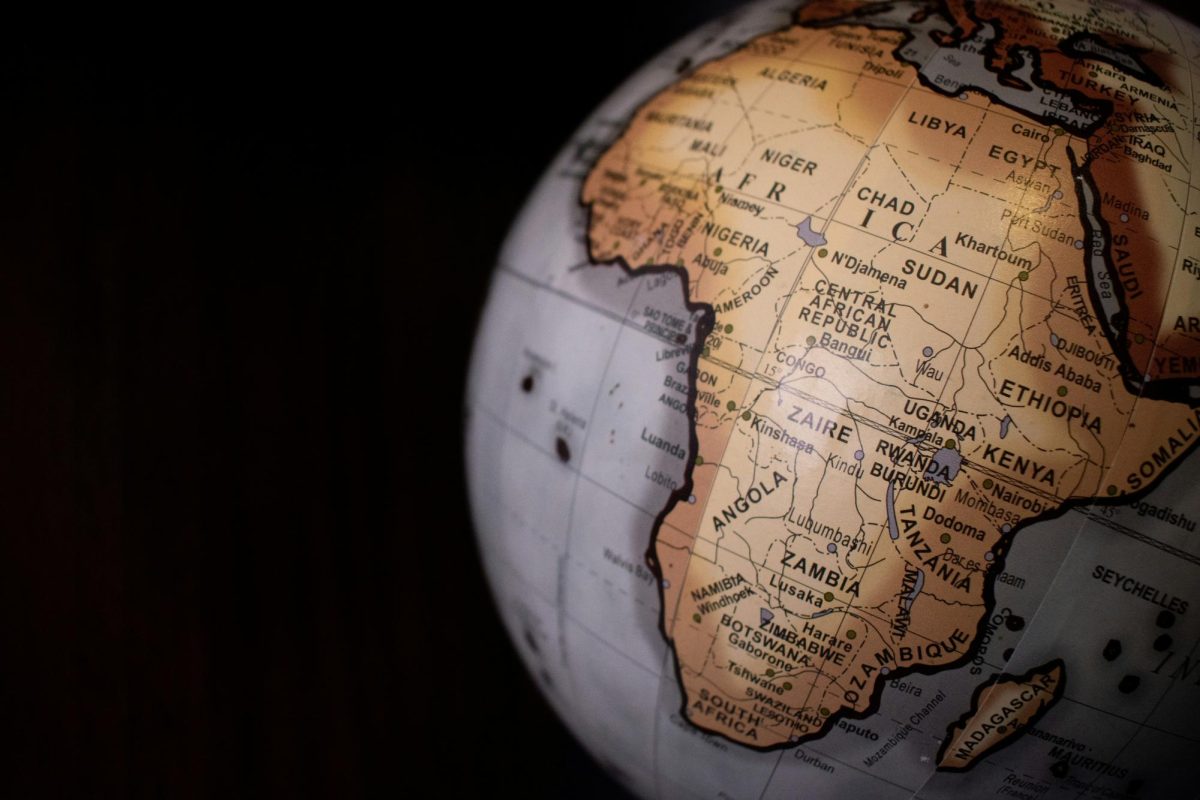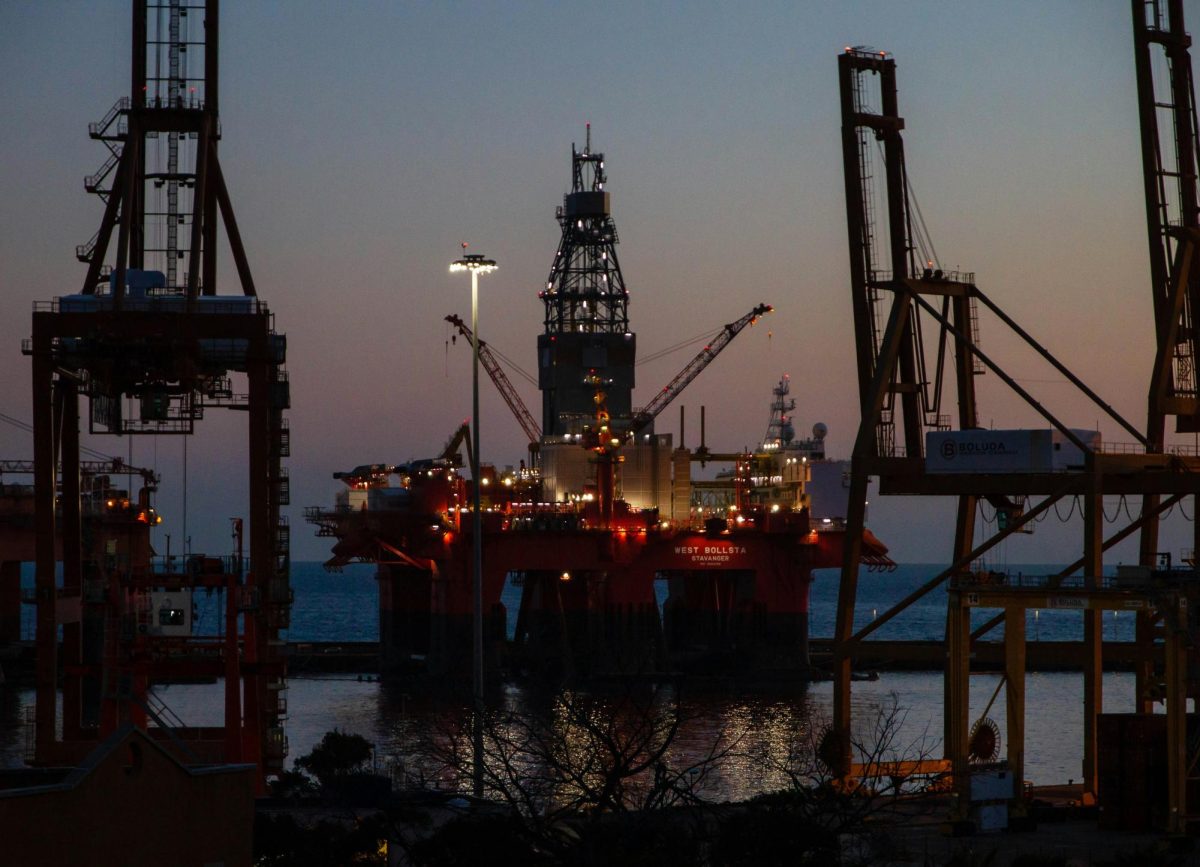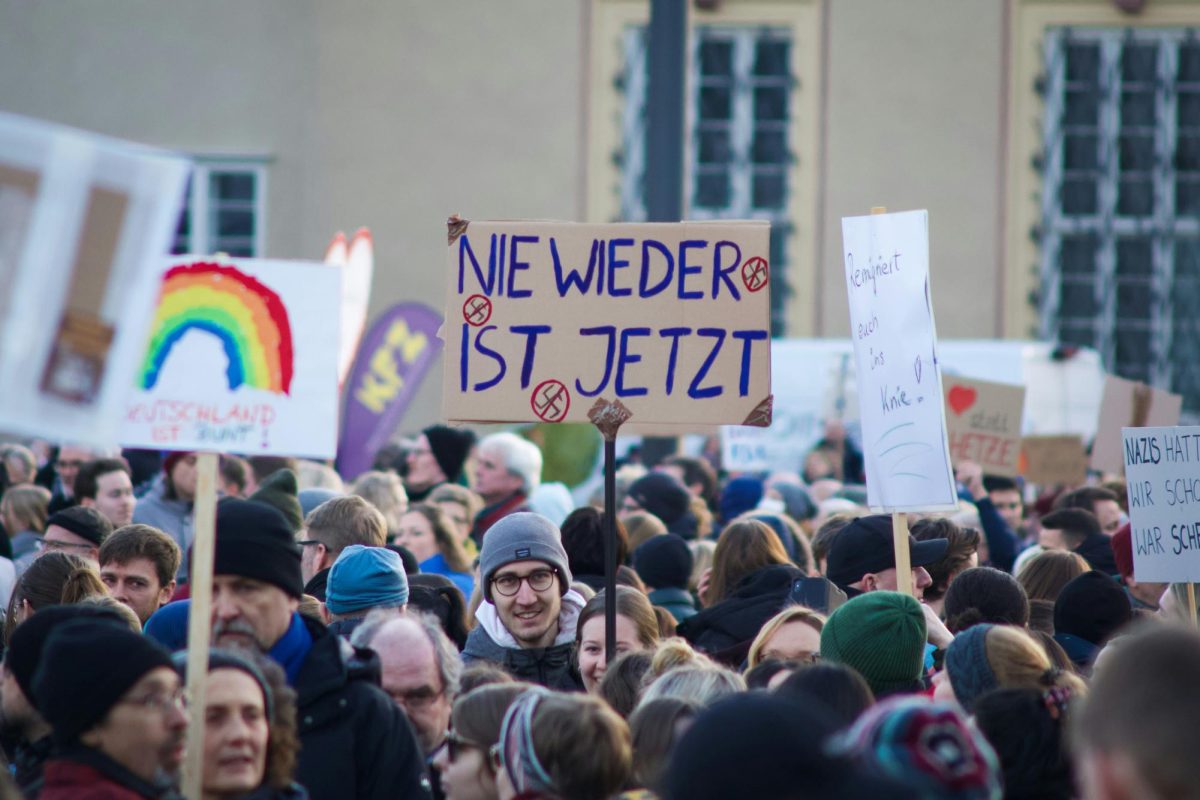Foreign aid structures, defined by Investopedia as “any type of assistance that one country voluntarily transfers to another, which can take the form of a gift, grant, or loan”, have drastically changed over the past century. Wealthier nations first began providing financial assistance to less affluent countries in the late 19th century – by the 1920s and 1930s, colonial powers such as Germany, France, and Britain regularly extended aid to their African, Latin American, and Asian colonies. They regularly allocated funds to construct critical infrastructure like ports, roads, and railways. After these colonies gradually became independent, international support from more developed nations still aimed for economic advancement.
Over the past six decades, Africa has received substantial financial assistance – with estimates in 2022 suggesting that the continent has received a staggering $1.2 trillion in aid over the past 30 years alone.
Despite having a population exceeding 1.4 billion and an abundance of land and natural resources, the African continent remains impoverished. In fact, Africa experiences the highest rates of extreme poverty worldwide, with the continent containing 23 out of the 28 poorest countries in the world, each with extreme poverty rates exceeding 30% of the total population.
Though foreign aid means well, a popular theory has emerged amongst political scientists and economists that it has actually done more harm than good in the continent of Africa. But to what extent is this true?
According to Dambisa Moyo’s 2009 book “Dead Aid”, she claims that international aid has significantly contributed to poverty in Africa. Namely, it has diverted many talented individuals away from the business sector and developed mass corruption and dependence on foreign powers. For example, from 1970-1998, when the aid provided to Africa was at the highest of all time, poverty had actually risen from 11 to 66%. She blames the inefficient distribution of resources on the continent for excess aid – reducing aid would encourage Africans to utilize their resources more creatively.
For example, non-governmental organizations like the Red Cross or Oxfam have stepped in to provide essential services. However, Moyo believes that this support can unintentionally undermine the state’s capacity to deliver such services independently. Additionally, corruption will flourish during aid distribution processes, as government officials and military personnel might embezzle goods and funds that were originally meant for public assistance. This leads them to never be able to pay back the billions, even trillions in indebted loans, which will weigh on the countries’ backbones for decades to come. Ever since aid was first distributed to Africa in the 19th and 20th centuries and despite many countries’ transitions to free-market economies, the “light at the end of the poverty-line tunnel” has yet to be found – simply due to further corruption caused by foreign aid.
However, the European Council of Foreign Relations has a different view on this issue.
In early 2024, European governments cut €4.8 billion in development and climate funding, which affected Africa disastrously, where poverty is worsening day by day due to natural disasters and human crises. But, Europe and Africa’s dependency is mutually beneficial, especially because Africa will be crucial in helping Europe meet its climate goals, in areas such as transitioning to renewable energy sources. Furthermore, amidst Europe’s aging population and Africa’s demographic boom (set to add 796 million to the workforce by 2050), this will provide Europe with a critical source of productivity and innovation – to support the drastic effects of its offset workforce declines.
In crises like those in the DR Congo or Sudan, there is an undeniable moral responsibility for humanitarian organizations to intervene. While this type of aid effectively alleviates immediate suffering, it should not be considered a long-term solution, as it does not necessarily help establish a stable foundation for sustainable development in these countries. Moyo has stated that African countries should seek other alternatives to boost their economies – like investing in bonds or strengthening partnerships with many of China’s growing sectors. The UNCTAD recommends that the current economic state “is Africa’s moment to bolster their position in global supply chains, strengthen their emerging industries and create millions of jobs.” Undoubtedly, it will take a long time for African nations to unlatch their dependence on foreign aid. But, there is no better time than now to work towards a better tomorrow.






